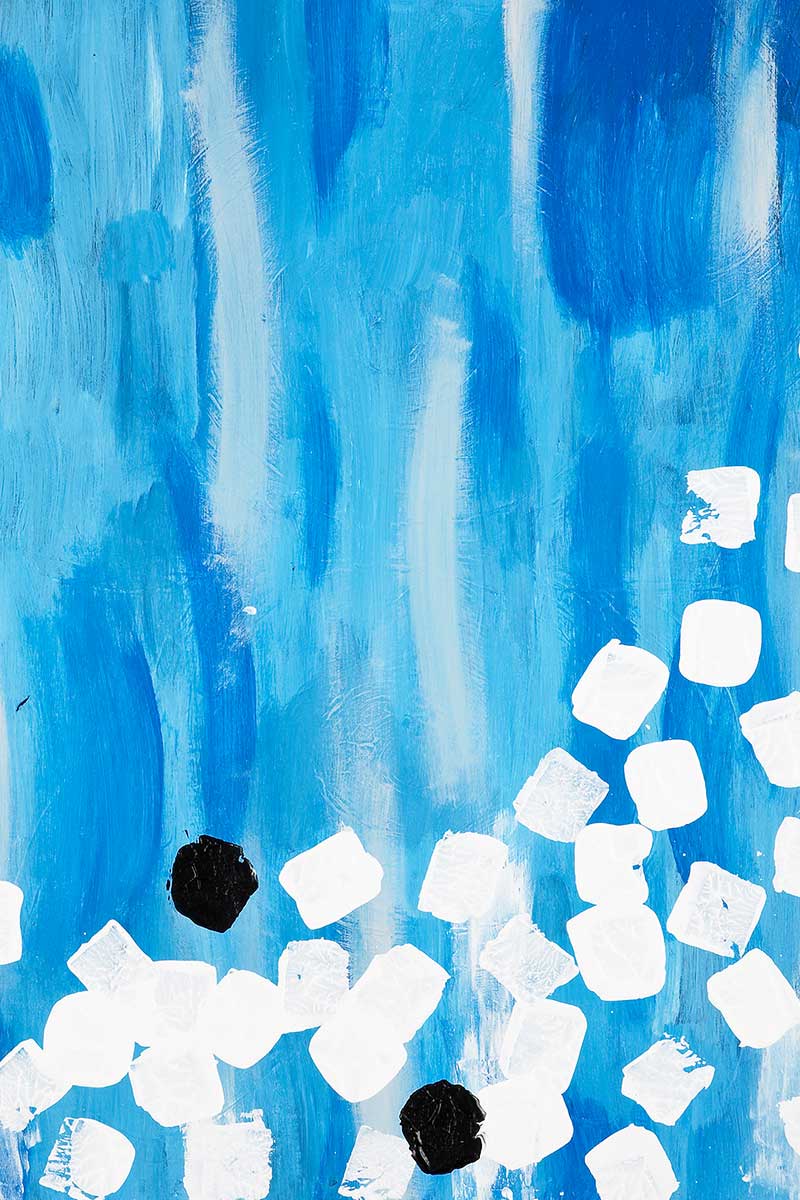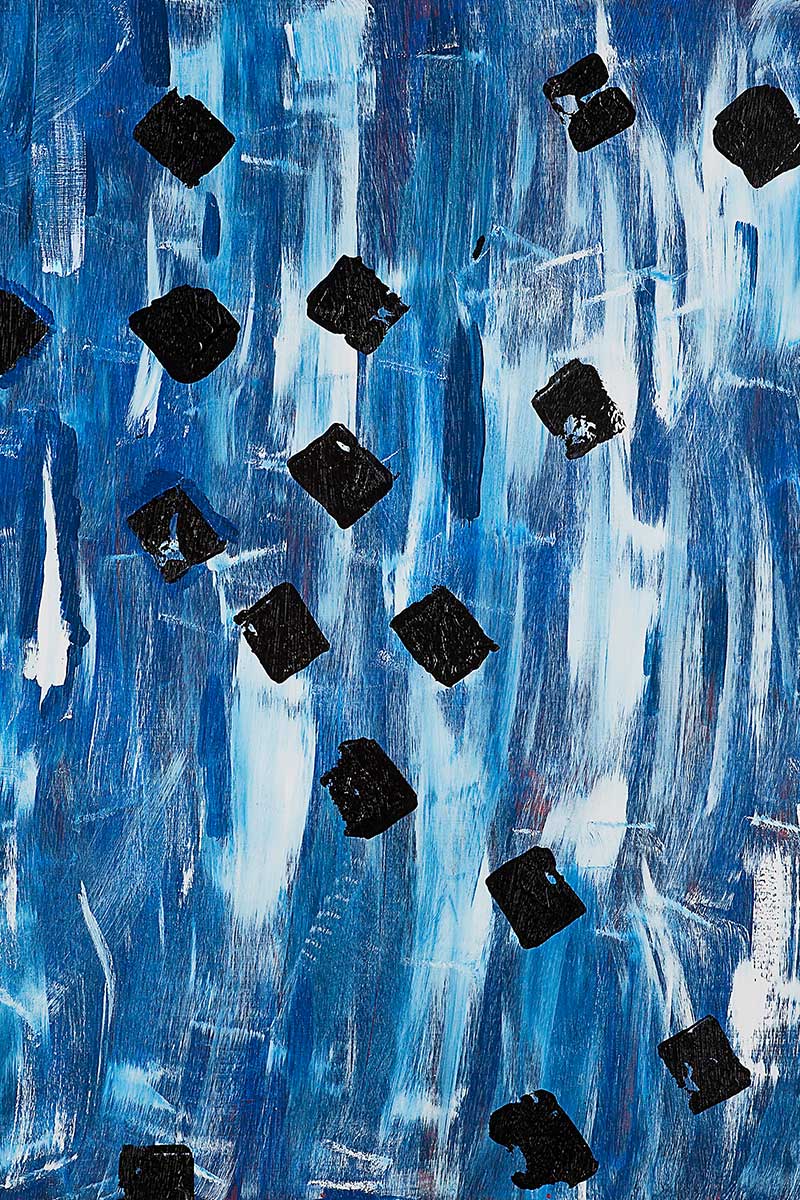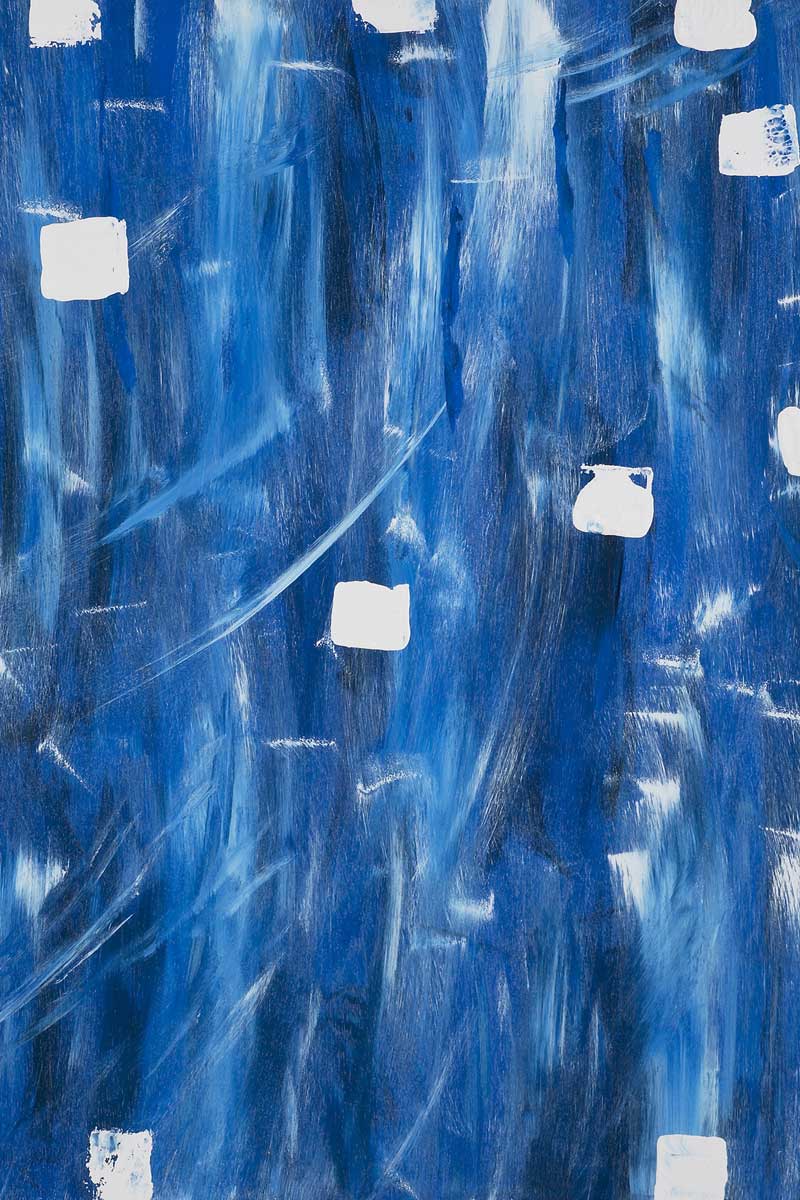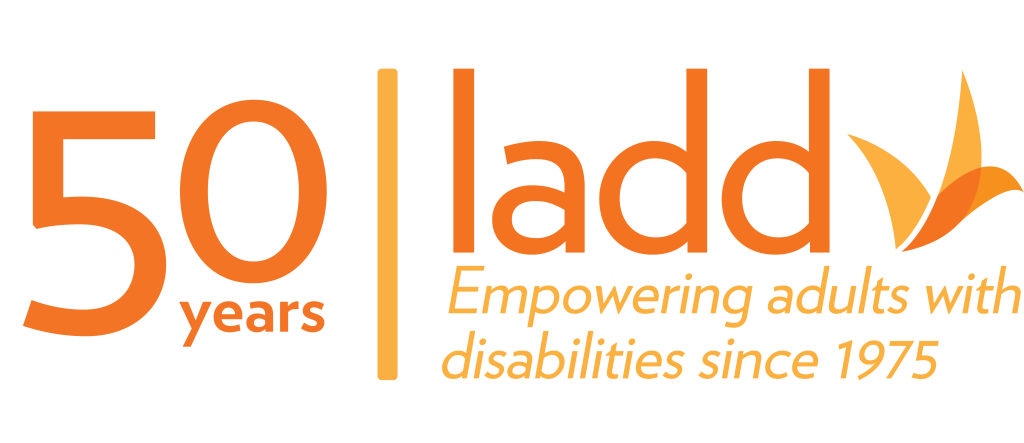Living Arrangements for the Developmentally Disabled (LADD) was founded on February 24, 1975, to empower adults with a developmental disability. These parents as members of Residential Care Committee of the United Cerebral Palsy Center of Cincinnati came up with the idea to create a service agency that is now known as LADD.
The supports available through this agency or LADD would include education and training that would lead to a higher level of independence for people with developmental disabilities. With the support of the Hamilton County Board of Mental Retardation through the first Mental Retardation Tax Levy, and a capital grant from the Ohio Department of Mental Retardation and Developmental Disabilities, the Victory Parkway location was developed.
From this development in 1976, LADD created one of the first independent living educational / residential programs in the Cincinnati area. The purpose of the program then and now is to provide to people with developmental disabilities a teaching environment that in turn supports the development of competencies that will assist them to live and be accepted as valued members of the Cincinnati community.
As people began to transition through the LADD program, it became apparent that there was a need to develop housing and support services so that people could continue to live in the community in a more permanent living situation. Affordable, accessible housing for people with physical and developmental disabilities were needed.
In 1984, LADD developed its first single asset housing corporation and built a 40- unit apartment building. Find-A-Way Apartments at 3027 Minot Avenue in Oakley was designed to accommodate people with physical and developmental disabilities. Find A Way offered a permanent housing option for people moving from Victory Parkway as well as for other Cincinnati citizens.
In 1988, LADD developed another single asset-housing corporation, Find-A-Way II, and built the Margaret Bullock Geier Apartments at 6623 Montgomery Rd. in Kennedy Heights. This building was also a 40-unit development. In conjunction with these two housing developments, LADD initiated its Community Support Service. This program provides drop by assistance to the people living at the two buildings, and to people living in apartments throughout the City of Cincinnati. LADD staff continues to provide support services to over one hundred fifteen (115) people living in apartments throughout the Cincinnati community.
Since 1976, LADD has continued to provide and develop support services that help people develop their independence and live successfully in the community. The diversity of services offered by the agency continues to evolve allowing people with developmental disabilities more service choices in the areas residential education, housing, social development and employment.
Currently, LADD is providing services to nearly 750 people through the supports it offers.



